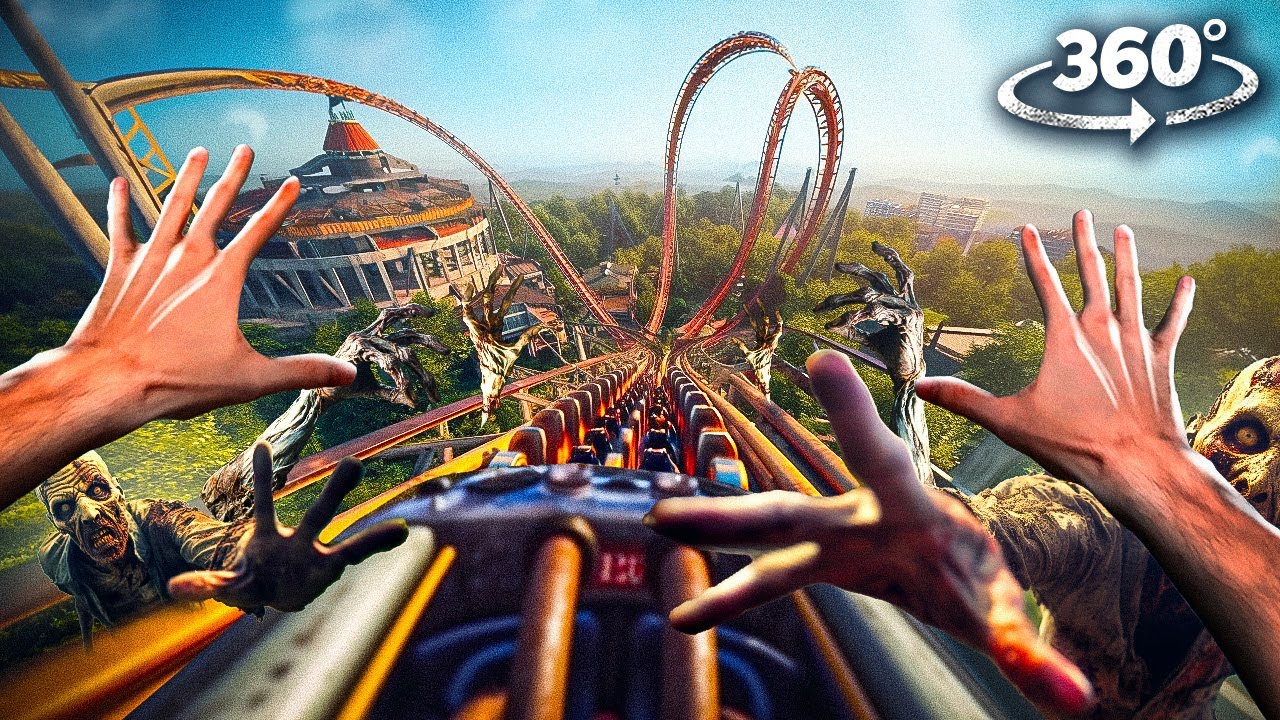
Unprecedented Bidding War Erupts Over Anysphere, Creator of Popular AI Coding Assistant Cursor
Technology News
Zaker Adham
09 November 2024
12 August 2024
|
Zaker Adham
Summary
Summary
In the latest episode of "Show Me the Science," listeners were curious about the science behind rollercoasters. Professor Luke O’Neill from Trinity College highlighted that Virtual Reality (VR) is becoming a popular innovation in the rollercoaster industry.

"We're heading towards a future where virtual experiences will be commonplace," he noted. "Some rollercoasters are already being designed with VR headsets, allowing riders to feel like they're navigating through a jungle or splashing into the sea—all virtually."
He predicted that "eventually, all rollercoasters will incorporate VR headsets."
"The excitement of a rollercoaster ride is amplified when you're zooming through an underground cavern or splashing through water, all thanks to VR technology," he added. "While traditionalists may prefer the classic outdoor experience, VR options could offer even more thrilling rides."
Professor O’Neill also discussed the health benefits of rollercoasters. "Early thrill engineers focused on 'jounce and jerk'—the sudden movements that enhance the thrill. These sensations increase heart rate and blood pressure, contributing to the overall excitement."
He emphasized that taking risks, like riding a rollercoaster, is beneficial. "Risk-taking is part of our evolution. If we weren't risk-takers, we might still be on the plains of Africa. There's something in us that enjoys taking risks and feeling the reward."

Technology News
Zaker Adham
09 November 2024

Technology News
Zaker Adham
09 November 2024

Technology News
Zaker Adham
09 November 2024

Technology News
Zaker Adham
07 November 2024